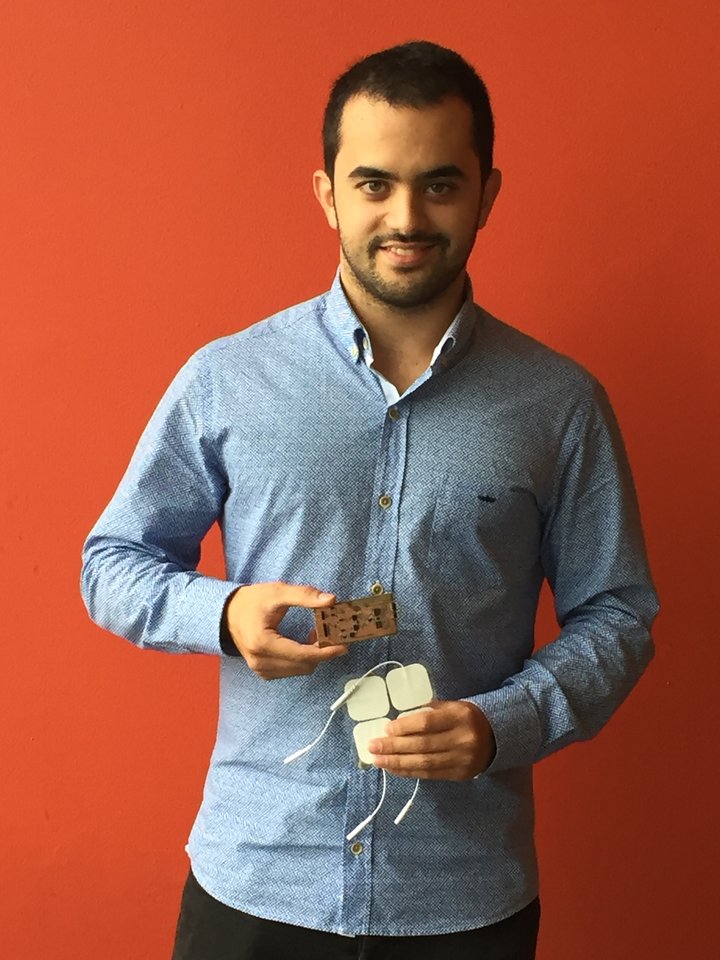Leon Helsloot, a member of Zekeriya Erkin's (Cyber Security) group, graduated on 30 August with a 9.5 for his Master's thesis, Preserving Privacy through Cryptography in Online Behavioural Advertising.
Leon: 'My research was prompted by the growing popularity of ad blockers amongst Internet users. In 2016, approximately 615 million blocking appliances were installed. That is approximately 11 percent of the total appliances worldwide. Obviously, it's rather spooky to see your surfing behaviour from the previous night mirrored by advertisements the next morning. Including on a different computer at a different location. You feel 'spied on' by big corporations, which is in fact the case. It is important that we collectively stand up for our privacy in our society and become aware of the issue. I want to use my research to make my contribution towards this. I also 'simply' find cryptography an extremely interesting field. That matters, too.
In my Master's thesis, I present a privacy-friendly alternative to the existing online advertisement ecosystem. It makes ad blockers redundant. By introducing cryptographic methods into the ecosystem, you, the individual Internet user, are 'split up'. The data that you leave behind through cookies when visiting a website are crumbled up. The crumbs are divided (fragmented) between the various parties in the advertisement market. The crumbs represent data that is valuable to them at that particular moment in order to be able to offer you a targeted advertisement in real-time.
The advertisement market is also highly fragmented, involving lots and lots of companies. That makes it difficult to oversee. I was able to put this characteristic to good use in my research. I turned a problem into a solution.
I can well imagine why you would install an ad blocker. It's nice not to see any advertisements on your favourite website. What, though, if that favourite website ceases to exist because the profit model is eliminated by the widespread use of ad blockers? It has become clear that Internet users are not really fond of a paywall. Targeted advertisements used in a way that protects your privacy could potentially be a good compromise. Including for the businesses in the ecosystem. They will have a problem if the number of people installing ad blockers increases. If that happens, the food source in the ecosystem will be cut off.
Consequently, my study also acts as a message to advertisers that it is still possible to make money, without breaching the user's privacy. Hopefully, my thesis will also be read by other researchers who can continue to work on further application of the technology'.






















